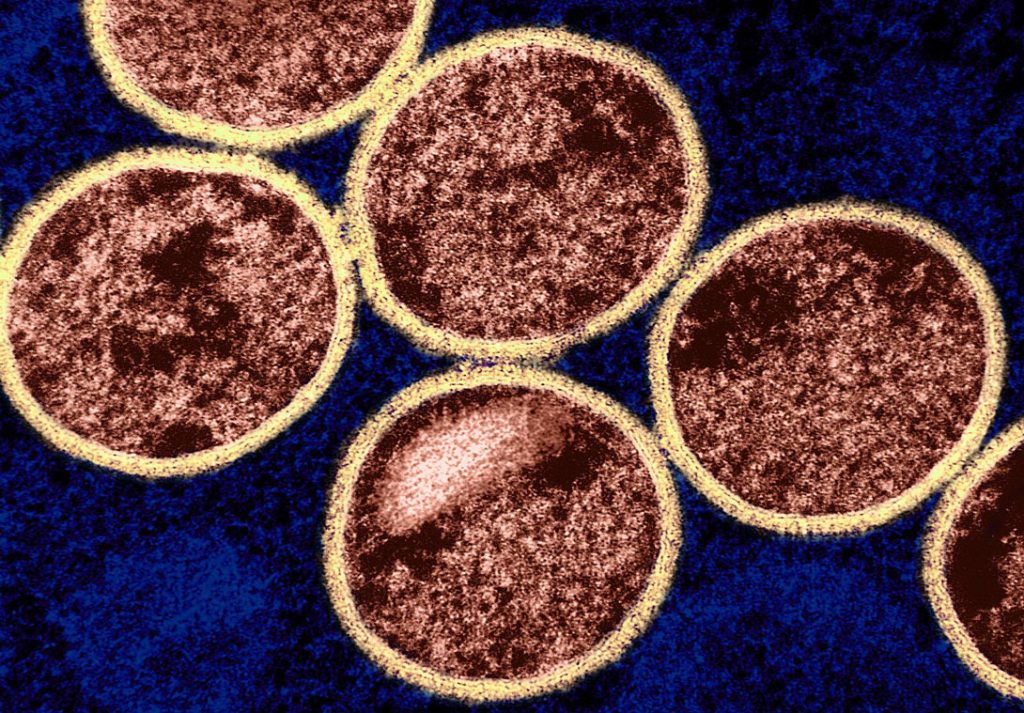The World Health Organization (WHO) has once again declared the Mpox (formerly known as monkeypox) outbreak a Public Health Emergency of International Concern (PHEIC), marking the second time in two years that this level of alert has been issued for the disease.

The WHO decision comes in response to a significant surge in cases, particularly in the DRC, where more than 17,000 suspected cases and over 500 deaths have been reported this year alone, showcasing a 160% increase compared to the previous year.
The current outbreak is driven by the clade I virus, known for its higher virulence compared to the clade II virus responsible for the 2022 global spread. This new strain, clade 1b, has shown a pattern of transmission mainly through sexual networks, a deviation from traditional contact patterns, which has alarmed health officials due to its potential for rapid spread.
Following the WHO’s declaration, there’s been a call for a coordinated international response to contain the outbreak. The Africa CDC had already declared the situation a public health emergency of continental security, highlighting the severity of the situation within Africa.
The WHO’s Director-General, Tedros Adhanom Ghebreyesus, emphasized the need for international cooperation, stating, “It’s clear that a coordinated international response is essential to stop these outbreaks and save lives.”
Efforts are underway to distribute vaccines, with an initial commitment of 215,000 doses from Bavarian Nordic to Africa, with plans for millions more by the end of the year.
The WHO and other health bodies are also pushing for enhanced community protection measures, clinical care guidance, and research into this new clade’s behavior.